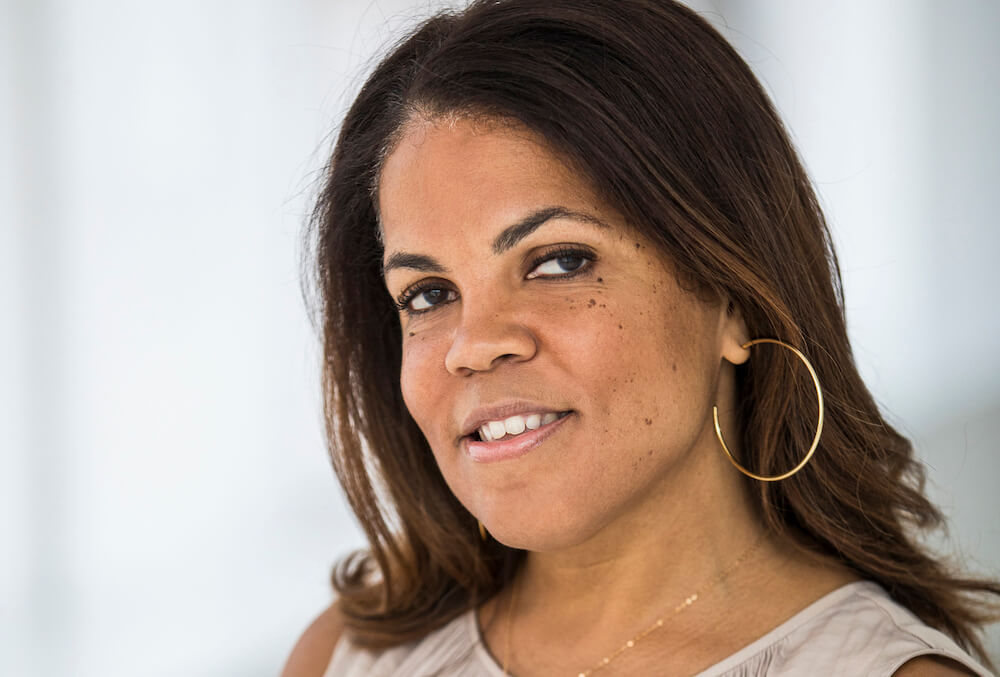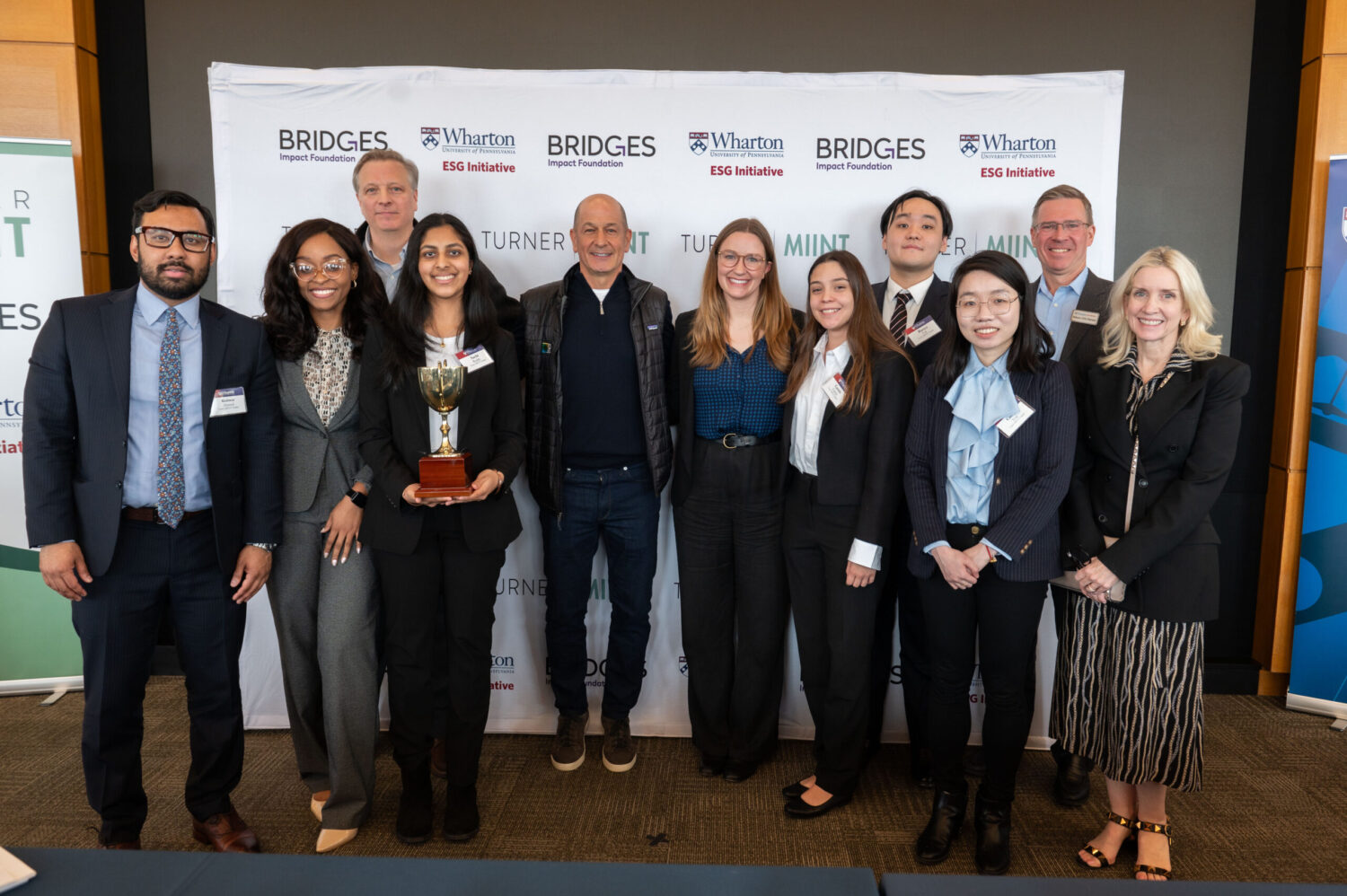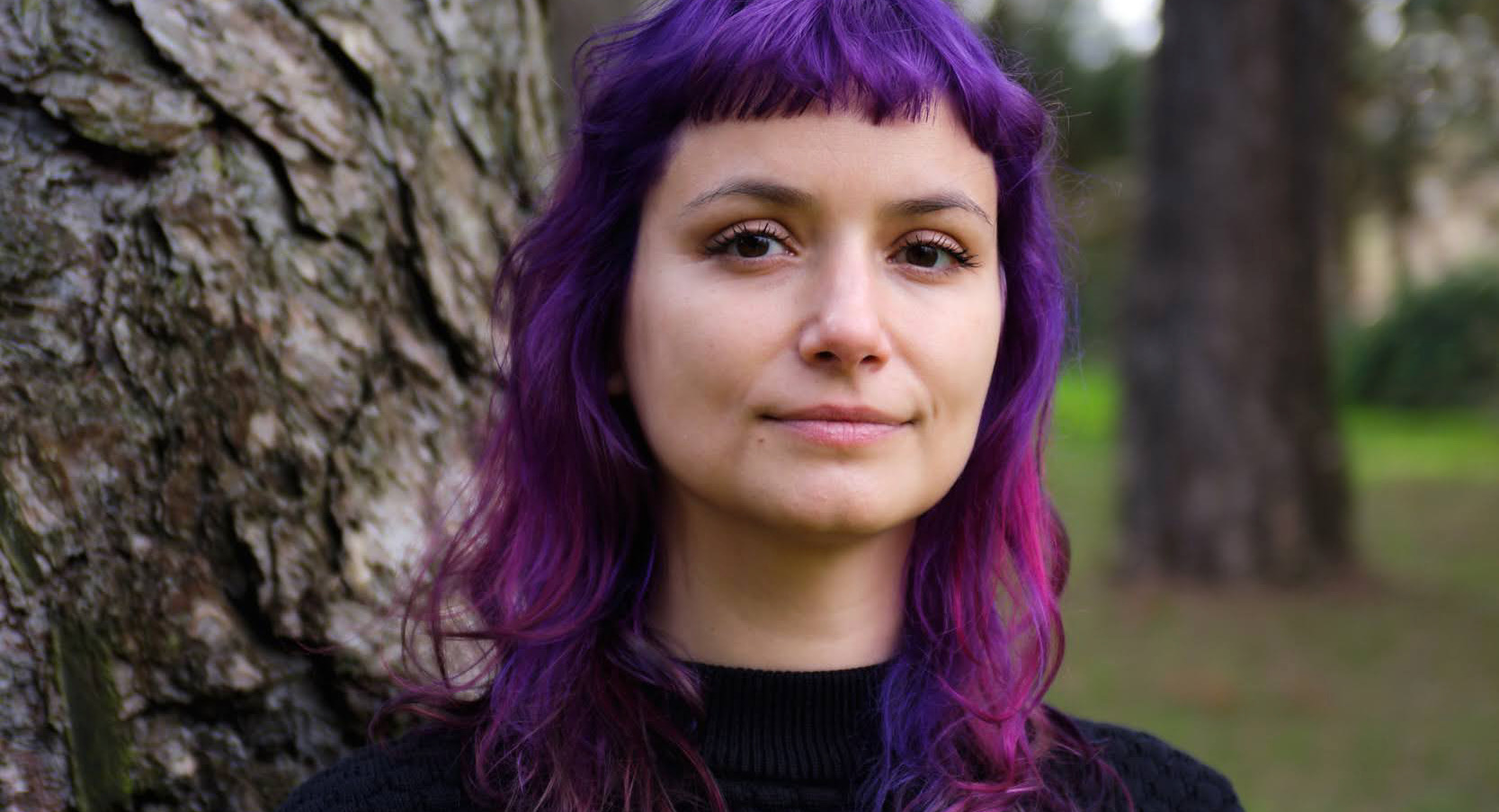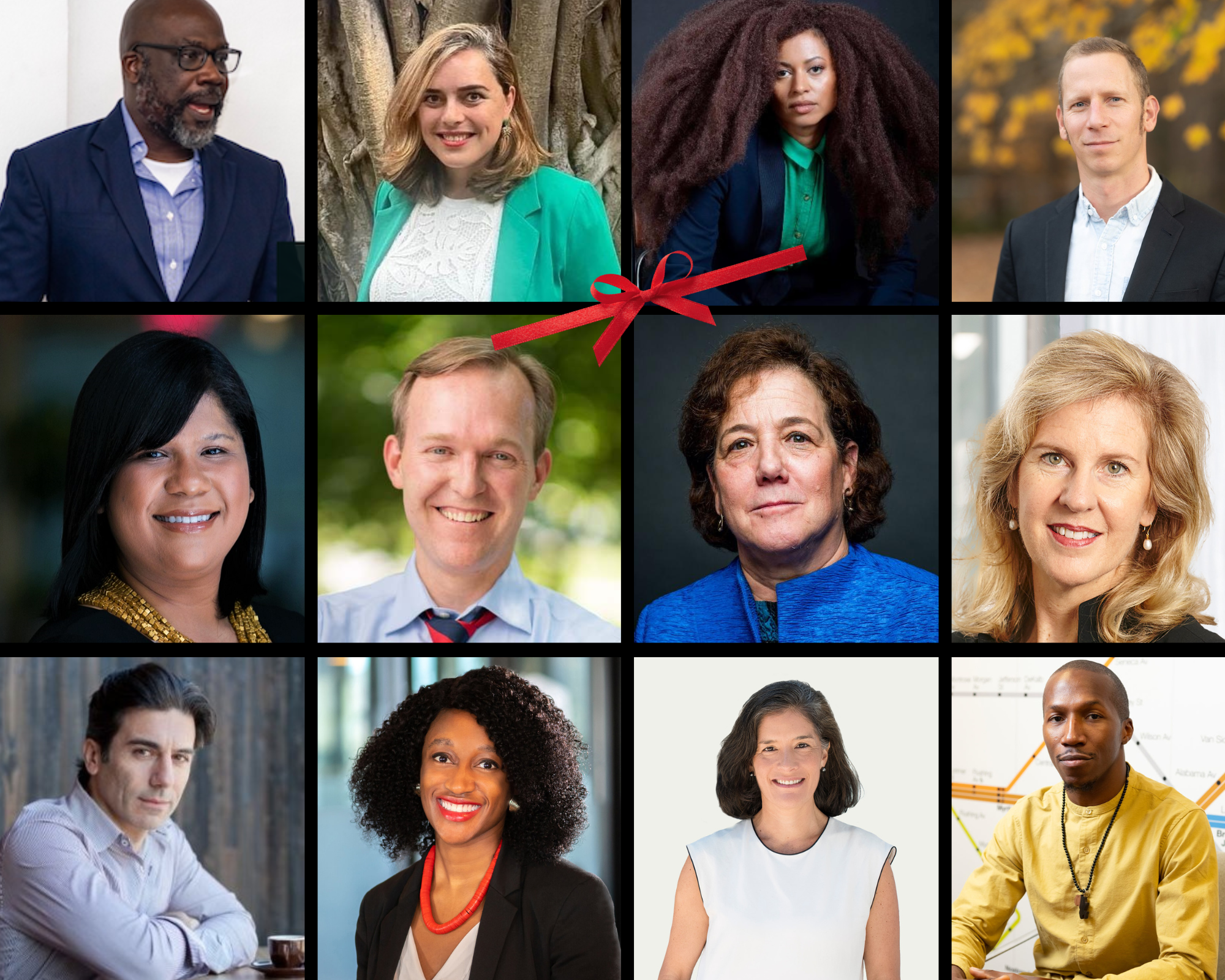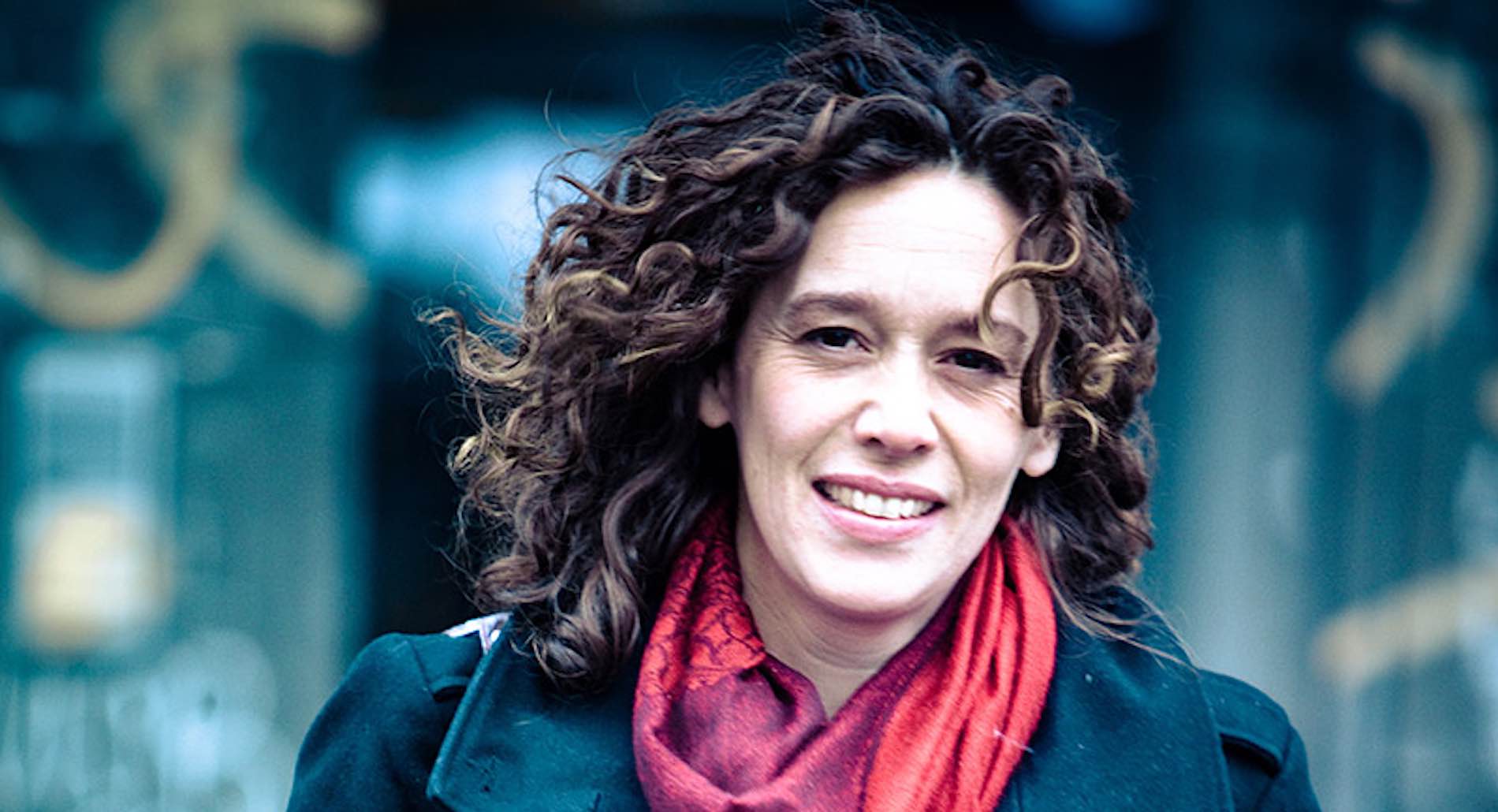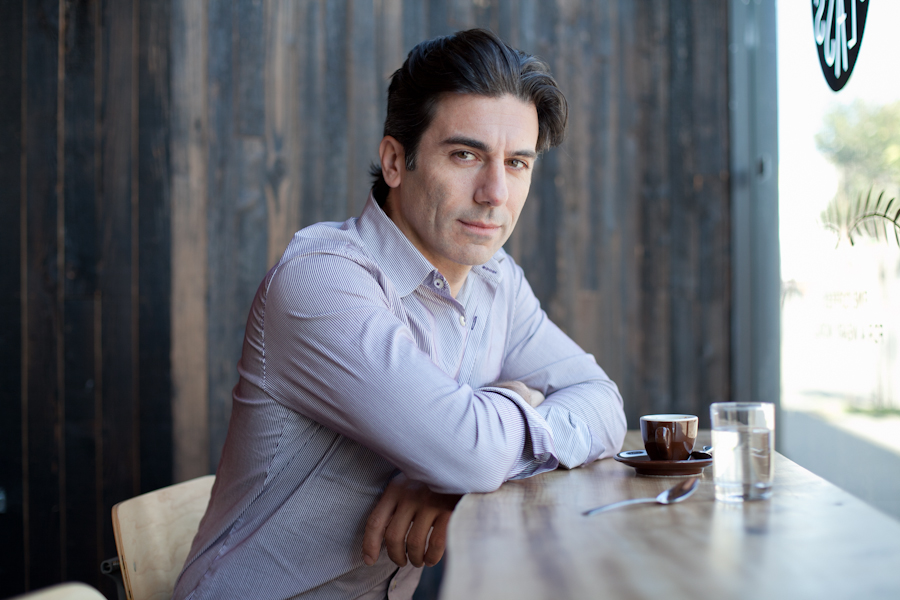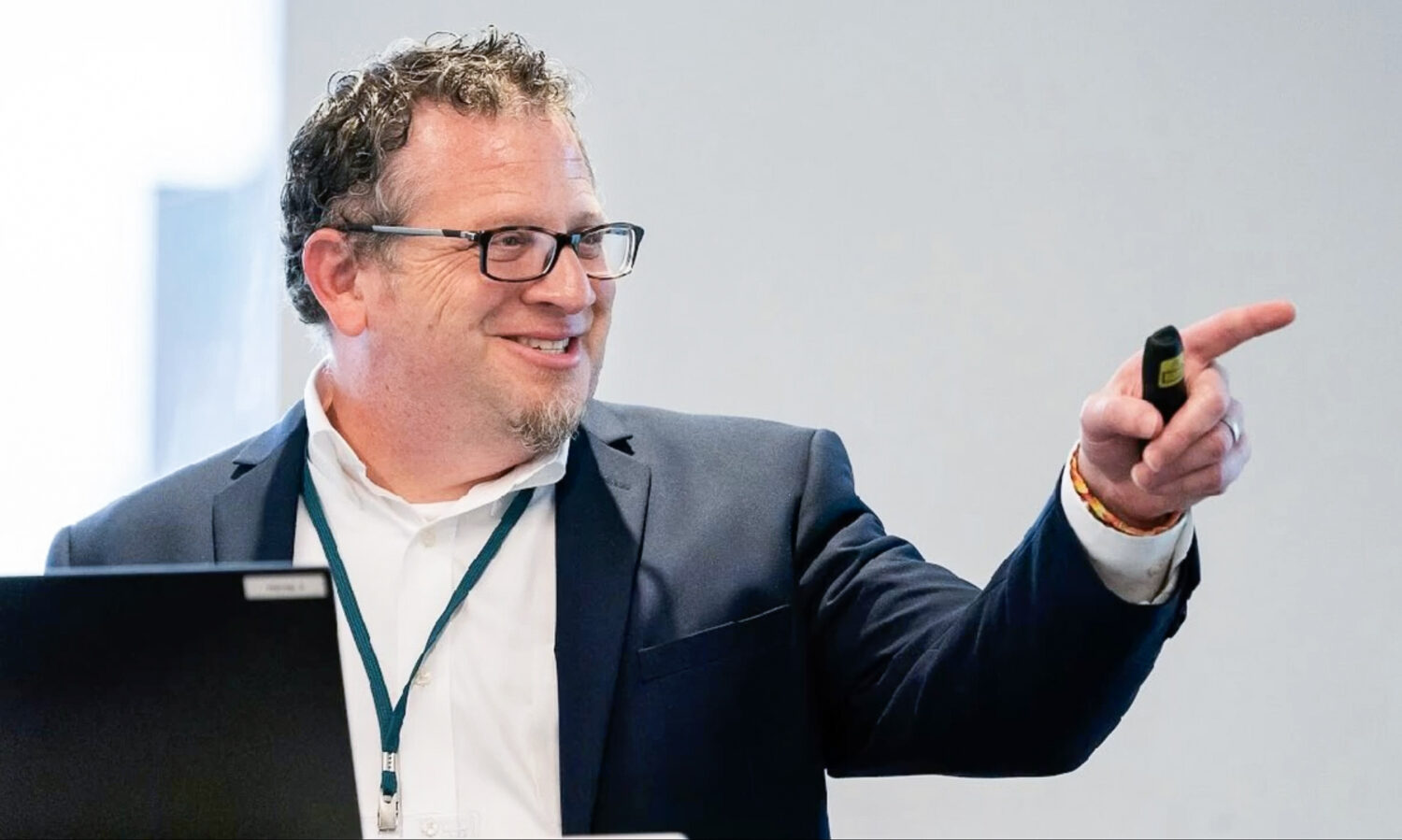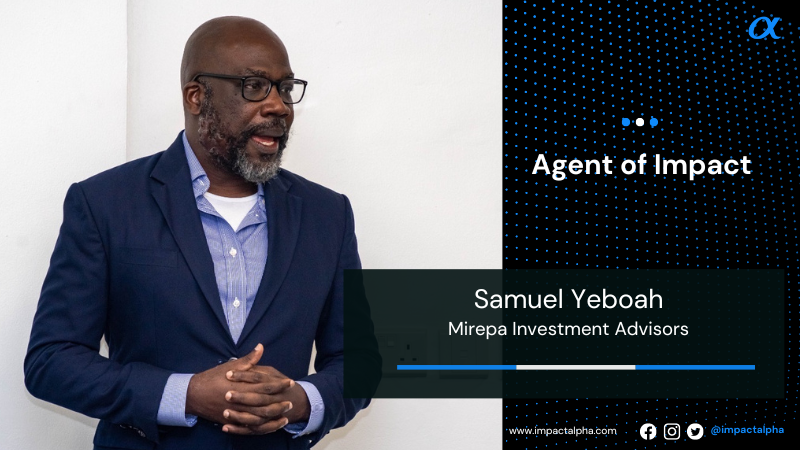ImpactAlpha, January 28 –The climate crisis galvanized attention on Indigenous communities. Sheena Brown is seizing the moment to fund and empower Indigenous-led organizations that are building sustainable food systems, protecting land, water and natural resources, and restoring community health and dignity.
“The practices with which we engage with the environment—taking care of the land, water, resources—are sacred and ancient,” says Brown, who directs resource mobilization at the Decolonizing Wealth Project. The project (and movement) was started by author and activist Edgar Villanueva to redistribute capital, resources and power to communities harmed by colonization and systemic racism.
Last year’s global climate summit in Glasgow gave rare stage-time to women like Indigenous Youth’s Txai Surui, a member of the Suruí people in the Brazilian Amazon, and Indigenous Climate Action’s Eriel Tchekwie Deranger of the Athabasca Chipewyan First Nation in Canada. Brown, a Black woman and Native American woman from the Narragansett Tribe of Rhode Island, tells ImpactAlpha, “We need to elevate Indigenous leadership, and help folks understand that we are not invisible, that we’re not extinct, so that we are at the table and helping make decisions around how the environment is cared for and managed.”
Brown this month helped award $1 million in unrestricted grant capital across 16 Indigenous-led organizations to advance climate and conservation work and advocacy. The Indigenous Earth Fund, a program under Decolonizing Wealth Project’s philanthropic funding vehicle, Liberated Capital, is backed by individual donors as well as institutions like the MacArthur, Kataly and Ford foundations. Among the recipients: Native Organizers Alliance, which is working to build a voice for Indigenous communities at the federal level by training organizers and leaders from Native and tribal communities. Bears Ears Inter-Tribal Coalition in Sacramento, Calif., is fighting for land and resource protections while elevating “the interconnected nature of the relationship between humans, the land and spirit,” says Brown.
If $1 million seems like a drop in the bucket, consider that just 0.4% of philanthropic dollars are committed to Indigenous communities and organizations.
“A big part of why we’re doing this is to move more funding to support Native-led work, given the billions of dollars that move through philanthropy,” Brown says. “It’s also about creating a place for people to practice wealth redistribution as a part of their healing journey. We know some wealth has been acquired at the harm to Indigenous communities. Redistributing those resources toward reconciliation and to strengthen those communities is powerful medicine.”

